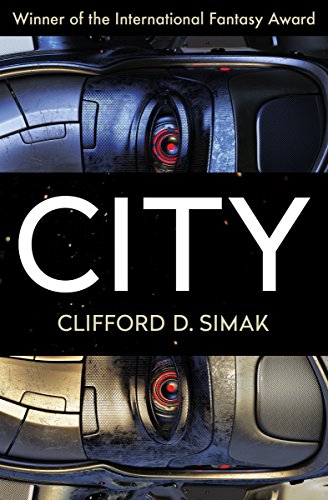Last week I posted a list of first lines and asked if you’d buy the books based on those first sentences. The first words and paragraphs of a story can bring the story to life or let bring it down. Do you know why these first lines work? Or don’t? Whether you’re a reader or a writer, it’s helpful to know when the first sentences are successful.

Rapture in Death-does it work?
The alley was dark and stank of piss and vomit. It was home for quick-footed rats and the bony, hungry-eyed felines who hunted them.
J.D. Robb, Rapture in Death
Oh, boy, does it work! It engages your senses and makes you feel something. Maybe you recoil a bit. Or you feel a little squeamish about the smell or those quick-footed rats. The bony, hungry-eyed felines evokes a specific picture. Your imagination puts you in that alley because of those words.
The words give you a feel for who the narrator is. The word piss and vomit. Not pee or urine, but piss. Not emesis or throw up, but vomit.
Each word works on at least two levels. And it sets up a question in the reader’s mind. Who is in that alley and why?
The Rose Thief—does it work?
He, or very possibly she, was known as The Rose Thief.
Claire Buss, The Rose Thief
This is a simple beginning, but it creates curiosity. He or very possibly she—you wonder, why don’t they know. Known as the Rose Thief. Does this person steal roses or leave a rose behind after a theft?
Those questions drive you forward to the next sentence. Not bad for eleven words.
City—does it work?

Gramp Stevens sat in a lawn chair, watching the mower at work, feeling the warm, soft sunshine seep into his bones.
Clifford Simak, City
This is a subtle bit of business, isn’t it? Kind of laid back and idyllic. But wait—he’s watching the mower work. The mower as in the machine, not a person. Sets you up, doesn’t it? You want to read a little more to find out what else isn’t quite right in Gramp Stevens’s world.
Jade—does it work?
I was loving this. First day on the job and I was off to a possible location of the vamp killers.
Rose Montague, Jade
Four words and you get an idea of what the character is like. Then we find out it’s her first day on the job—our sympathy is almost immediate. But wait—she’s going to the location of the vamp killers. Now you want to know—is she a vampire? Is she in danger? What kind of job does she have and what kind of world does she live in? You have to read further to find out.
Left Hand of Darkness—does it work?

I’ll make my report as if I told a story, for I was taught as a child on my home world that Truth is a matter of the imagination.
Ursula K. Le Guin, The Left Hand of Darkness.
“I’ll make my report…” Another four word introduction and you get a feel for the character. Plus you’re curious. What happened that this person must make a report?
“As if I told a story…” an interesting way to make a report. This also makes you curious—how old is this character and what stories is he/she used to hearing.
Then you learn the character’s not “on my homeward.” And you wonder where is the home world? Where is he/she now? Finally, the last part of the sentence has a twist you weren’t expecting. Especially if you believe truth is not a matter of the imagination.
These first lines work because they give you a peek at a character, a world that is different, and hint at pique your curiosity.
The Ruler—does it work?
Kamikaze.
The word looped in my head, and I tasted it. Kamikaze.
Elin Peer, The Ruler (Men of the North Book 2)
This character is thinking of a word made famous and dreaded during WWII. The word refers to “a member of a Japanese air attack corps in World War II assigned to make a suicidal crash on a target (such as a ship).”
The word loops in his head and he tastes it. What? Now you have to continue reading to find out if this character is suicidal or some kind of alien creature.
The Plantation—does it work?
Everywhere I turn, all I see is black. My vision drowns in cascading waves of darkness.
Stella Fitzsimmons, The Plantation
These two lines don’t tell you a lot about the character, but instantly you’re alarmed. Why does this character see only black? Why drowning in waves of darkness? Is it a problem with the character’s eyes or with the location? You won’t know unless you read more.
Why These First Lines Work
Each of these first lines differ from one another. Yet they are also similar. Each one gives you a feel for the story’s narrator, brings up at least one question, and stirs an emotional reaction in you, the reader. Now you know why these first lines work. They do the work of engaging you through your emotions, your curiosity, and some also use your senses. Study the first lines of books you’ve read. What did you discover? Tell us in the comments below.